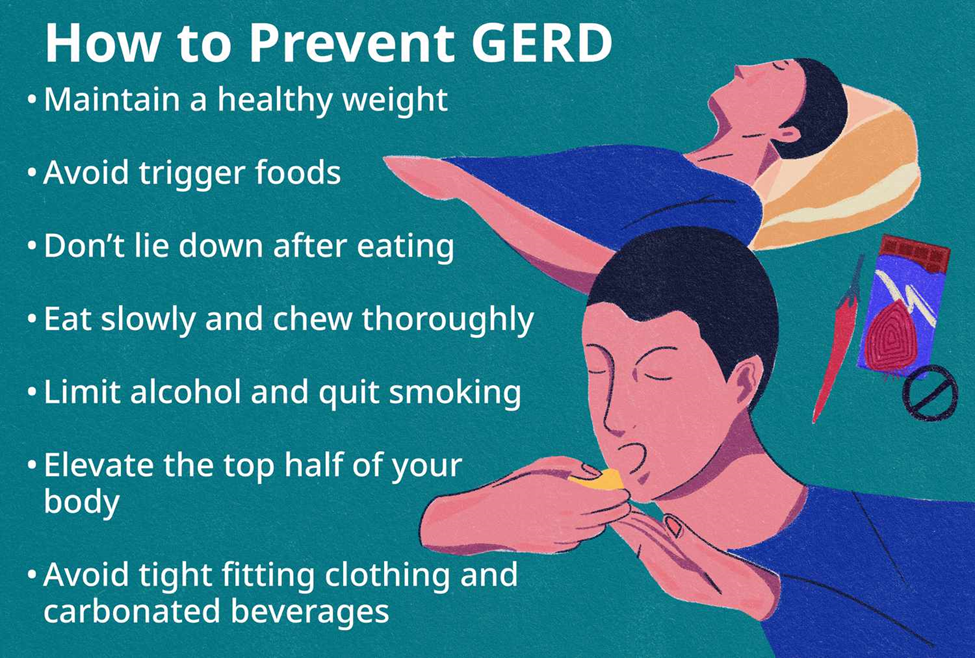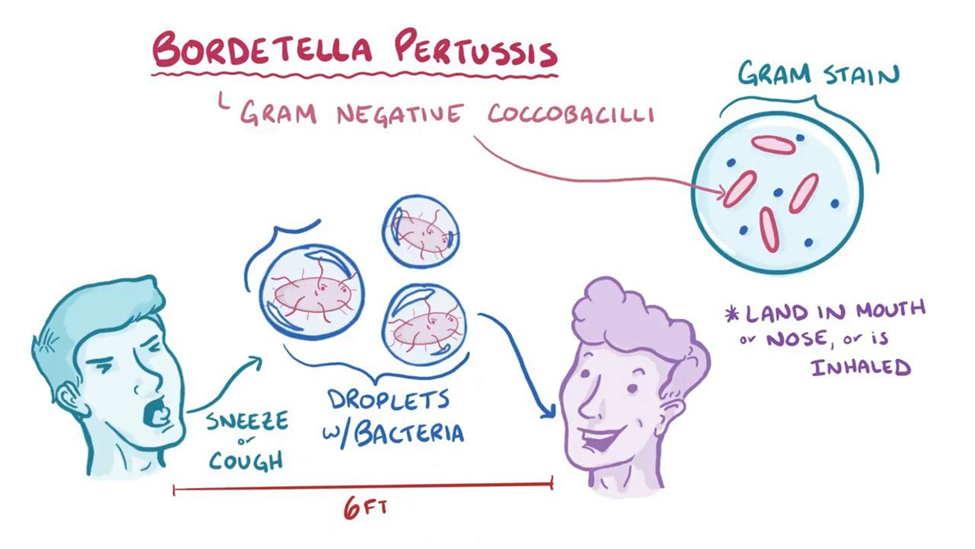A nurse is caring for an infant who has gastroesophageal reflux (GER). Which of the following actions should the nurse take to prevent regurgitation? (Select all that apply.)
Thicken the infant's formula with cereal.
Avoid giving the infant citrus juices.
Position the child with their head elevated after meals.
Place the infant's head on a soft pillow while sleeping.
Administer an antiemetic to the infant.
Correct Answer : A,B,C
A. Thicken the infant's formula with cereal: Thickening the infant's formula with cereal can help reduce the likelihood of regurgitation by increasing its viscosity and promoting better gastric emptying. This can help decrease the frequency and severity of gastroesophageal reflux episodes.
B. Avoid giving the infant citrus juices: Citrus juices are acidic and can exacerbate gastroesophageal reflux symptoms in infants. Avoiding citrus juices can help reduce the acidity of the stomach contents, potentially decreasing the likelihood of regurgitation.
C. Position the child with their head elevated after meals: Keeping the infant in an upright position with the head elevated after meals can help prevent regurgitation by reducing the likelihood of gastric contents flowing back into the esophagus. This position facilitates gravity-assisted digestion and minimizes pressure on the lower esophageal sphincter.
D. Place the infant's head on a soft pillow while sleeping: Placing the infant's head on a soft pillow while sleeping is not recommended as it increases the risk of suffocation and sudden infant death syndrome (SIDS). Infants should always be placed on their back to sleep in a flat, firm surface without pillows or soft bedding to reduce the risk of adverse events.
E. Administer an antiemetic to the infant: Administering an antiemetic to the infant is not typically indicated for the management of gastroesophageal reflux in infants, especially as a preventive measure. Antiemetics may have potential side effects and should only be used under the guidance of a healthcare provider for specific indications.

Nursing Test Bank
Naxlex Comprehensive Predictor Exams
Related Questions
Correct Answer is A
Explanation
A. "Reye syndrome causes fatty changes in the liver."
This statement is correct. Reye syndrome is characterized by acute non-inflammatory encephalopathy and fatty changes in the liver, which can lead to liver dysfunction and failure.
B. "Reye syndrome leads to venous thrombus formation."
This statement is incorrect. Reye syndrome primarily affects the brain and liver, leading to cerebral edema and liver dysfunction. It does not typically involve venous thrombus formation.
C. "Reye syndrome is associated with misuse of acetaminophen."
This statement is incorrect. While the exact cause of Reye syndrome is not fully understood, it is not associated with the misuse of acetaminophen. However, there is a well-established association between Reye syndrome and the use of aspirin (salicylates) during viral infections, particularly in children and adolescents.
D. "Reye syndrome is linked to decreased serum ammonia levels."
This statement is incorrect. Reye syndrome is associated with increased serum ammonia levels due to liver dysfunction and impaired ammonia metabolism. Elevated ammonia levels can contribute to the encephalopathy seen in Reye syndrome.

Correct Answer is A
Explanation
A. Droplet:
Pertussis is primarily transmitted through respiratory droplets when an infected person coughs or sneezes. Droplet precautions involve placing the child in a private room or with another child with the same infection. Healthcare workers should wear a mask or respirator when entering the room to protect against droplet transmission.
B. Contact:
Contact precautions are used for infections that can be spread by direct or indirect contact with the patient or their environment. Pertussis is not typically spread through contact with contaminated surfaces or objects.
C. Airborne:
Airborne precautions are used for infections that are transmitted through small droplet nuclei that remain in the air for long periods. Pertussis is primarily transmitted through larger respiratory droplets rather than tiny airborne particles.
D. Protective environment:
Protective environment precautions are used for patients who have weakened immune systems, such as those undergoing bone marrow transplants. These precautions are not applicable for a child with pertussis.

Whether you are a student looking to ace your exams or a practicing nurse seeking to enhance your expertise , our nursing education contents will empower you with the confidence and competence to make a difference in the lives of patients and become a respected leader in the healthcare field.
Visit Naxlex, invest in your future and unlock endless possibilities with our unparalleled nursing education contents today
Report Wrong Answer on the Current Question
Do you disagree with the answer? If yes, what is your expected answer? Explain.
Kindly be descriptive with the issue you are facing.
